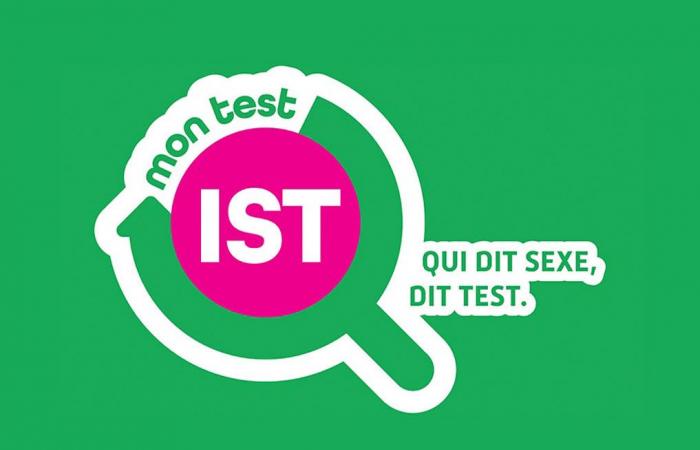
In a context of an increase in sexually transmitted infections (STIs) observed between 2021 and 2023, screening efforts must be continued and intensified with the aim of improving the prevention of these STIs.
In order to respond to this public health issue, the Ministry of Health and Access to Care announced the implementation, since September 1, 2024, of STI screening at the patient’s request and without a prescription, covered by health insurance at 100% for those under 26 and 60% for the rest of the population (with co-payment coverage by the responsible supplementary health insurance).
Screening for these STIs in the medical biology laboratory concerns all socially insured persons and their dependents as well as beneficiaries of State medical aid (AME).
This measure, called “ Mon test IS » and resulting from the social security financing law (LFSS) for 2023, is deployed in all medical biology laboratories, whether city or hospital. It complements existing systems, such as screening on medical prescription and free screening in information, screening and diagnosis centers (CeGIDD).
How to get tested?
When coming to the laboratory, the patient wishing to benefit from screening completes a self-questionnaire intended to determine STIs and the methods for carrying out these screenings.
Screening includes, in addition to HIVthe following infections: chlamydia, trachoma, gonorrhea, syphilis and hepatitis B.
In the event of a positive result for one or more STIs, the medical biologist informs the patient and directs them to the most appropriate healthcare professionals: general practitioner, midwife, CeGIDD or hospital structure.
The care
- 100% coverage for HIV, at any age ;
- For the other 4 STIs (chlamydia trachomatis, gonorrhea, syphilis and hepatitis B):
- 100% coverage for those under 26;
- 60% coverage for those aged 26 and over (with co-payment covered by the responsible complementary health insurance).
Health





